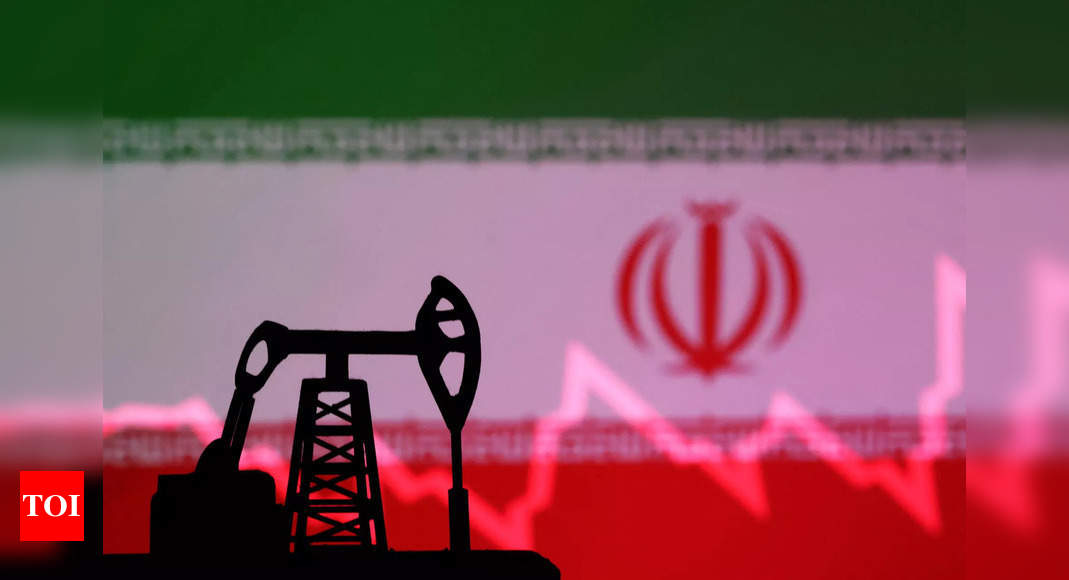Oil prices spiked as Iran’s foreign minister called for a complete boycott of Israel by Muslim countries and an oil embargo on the nation. This followed a blast at a Gaza hospital that raised the risk of wider hostilities in the Middle East. Brent futures surged up to 3.5% to trade near $93 per barrel, before reducing some gains. Although Israel’s oil imports are relatively insignificant in terms of global supply, the verbal escalation between Israel and Hamas presented potential consequences for the region and raised concerns in the oil market. The current situation has garnered international attention, with leaders of Jordan, Egypt, and the Palestinian Authority canceling a summit with US President Joe Biden, complicating his efforts to mitigate the Israel-Hamas conflict from spreading across the region. With Israel mainly relying on oil imports from sources outside the Middle East and North Africa region, the impact of the embargo is largely symbolic for now. However, the calls for boycotts add to the historical comparisons to the 1970s oil crises that were already being discussed in the market.
Devastating events like the blast at the Gaza hospital have put the global oil market on edge, with Tehran, which supports Hamas, warning of the potential for further escalation. Traders have been on high alert, preparing for the possibility that Israel might launch a ground offensive into Gaza, potentially triggering a broader conflict that could involve Iran, a major crude supplier, and other countries. Nevertheless, the abundance of spare capacity that can come online in case of any disruption of supplies and concerns about the impact of a global growth slowdown on demand have so far limited oil price spikes.
Jorge Leon, an analyst at consultant Rystad Energy, explained that despite geopolitical tensions influencing the market, there is still a significant amount of spare capacity available, estimated at 6 million barrels per day. This surplus acts as a limiting factor on the upside for prices. Israel, with its diverse sources of oil imports from countries including Kazakhstan, Azerbaijan, and West African producers, has enough flexibility to overcome any embargo.
The cause of the hospital blast remains disputed, with Gaza authorities attributing it to an Israeli airstrike, and Israel pointing the blame at a failed missile from the militant group Palestinian Islamic Jihad. US President Joe Biden visited Israel, suggesting that the Israeli military was not responsible for the incident. The situation in the region has become so alarming that Biden made an unplanned visit, highlighting the level of risk involved. Beyond the Middle East, additional support for crude prices came from data showing better-than-expected economic growth in China, the largest oil importer globally. China’s strong demand was reflected in record-breaking crude consumption of 15.54 million barrels per day in September. The Middle East crisis and the escalating tensions in Israel have added another layer of uncertainty to the already complex global oil market scenario.











